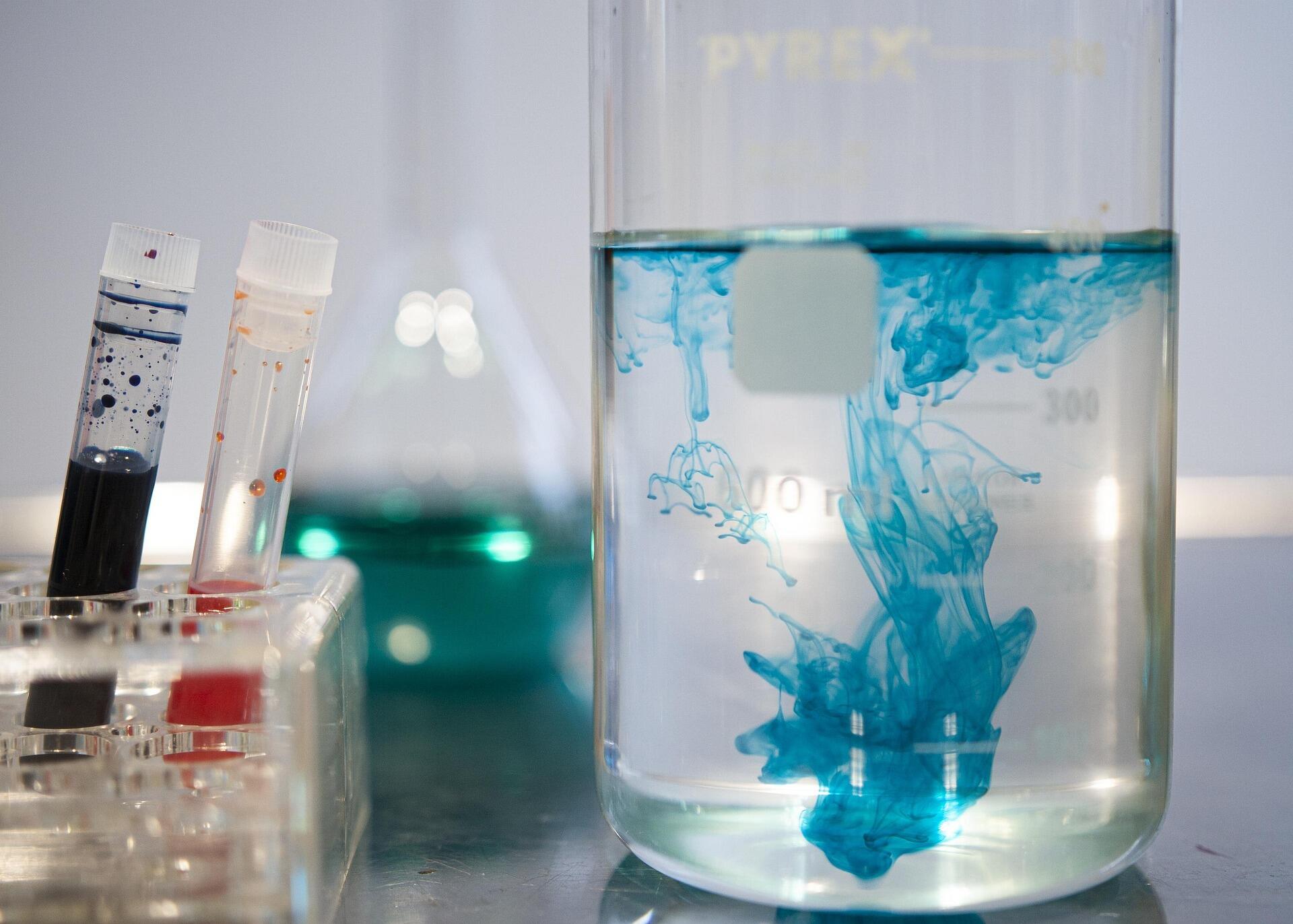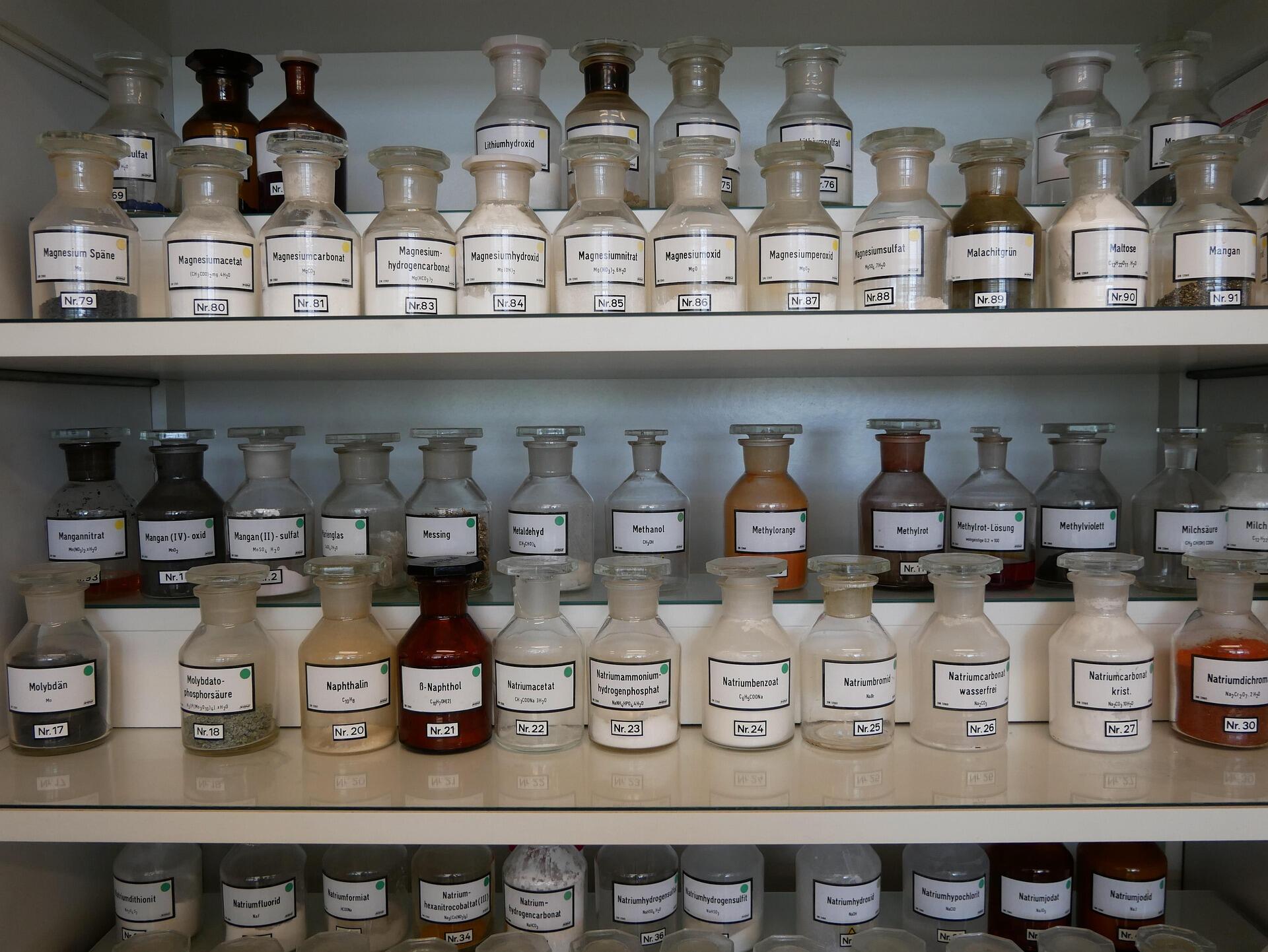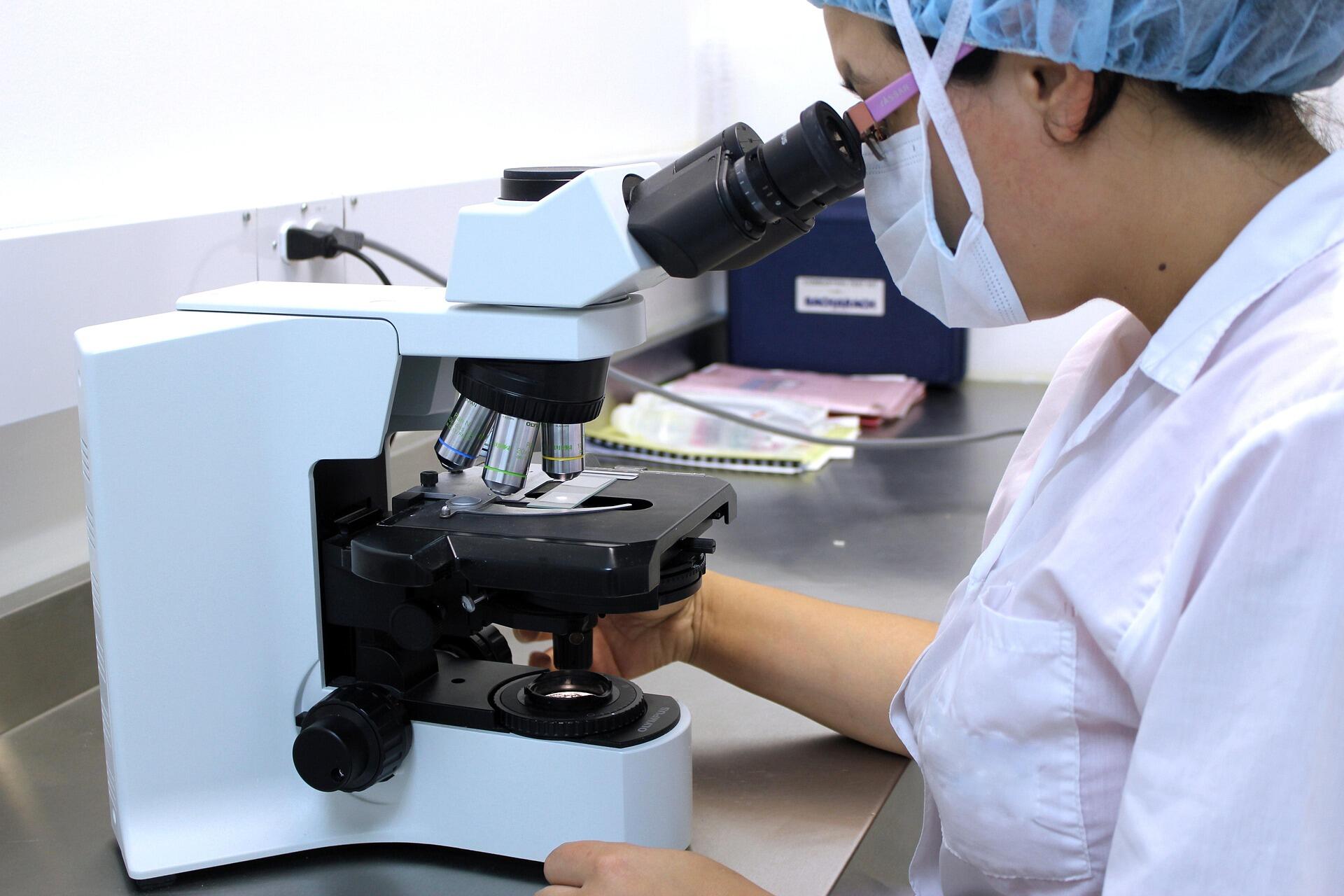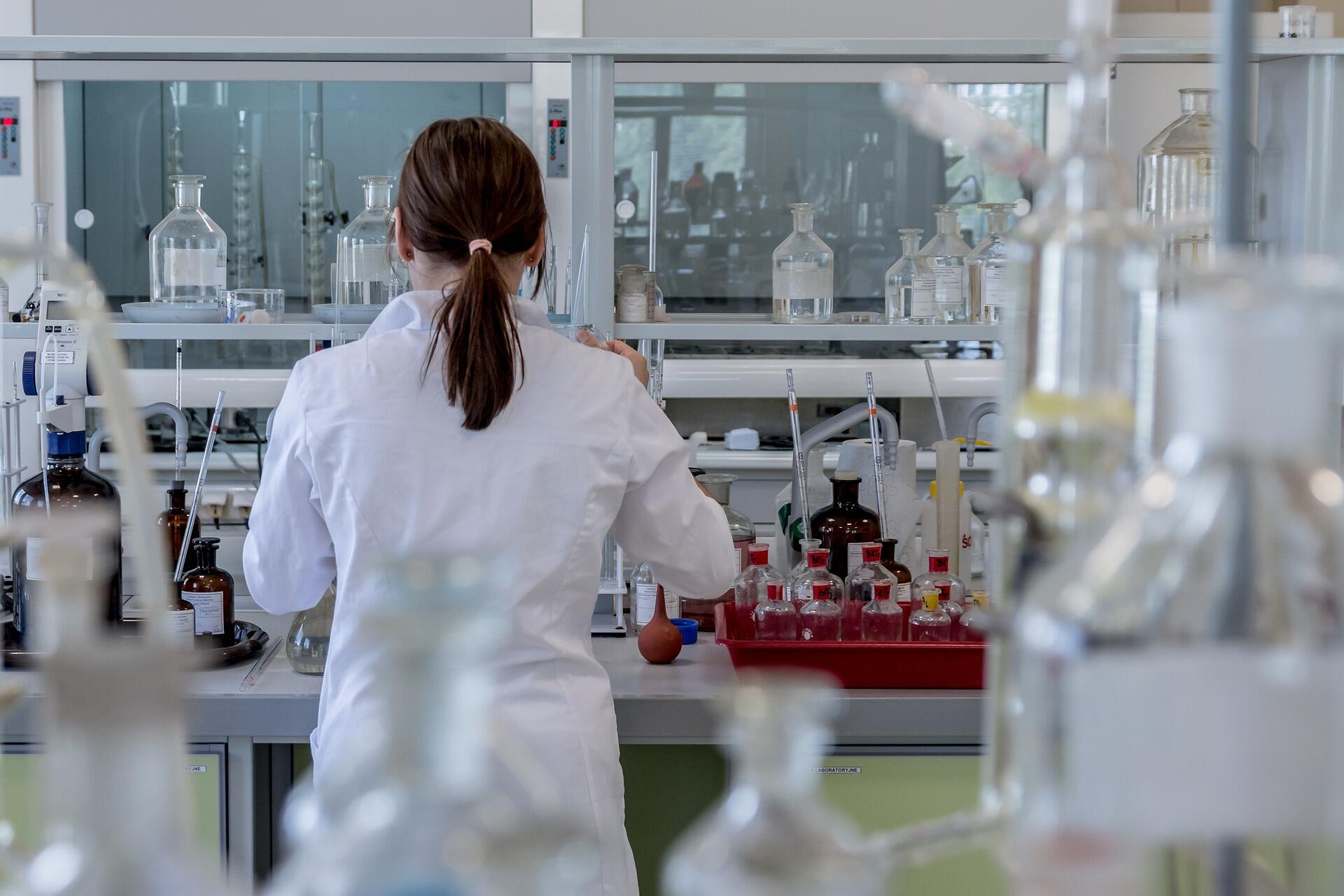What is chemistry? Chemistry is the scientific study of how substances interact, combine, and react with each other. From understanding chemical reactions and enthalpy changes to the development of new medicines, chemistry plays a central role in nearly every scientific discipline.
This science has long been appreciated as one of the oldest forms of study in existence, going right back to the days of alchemists, where people tried to work out how to turn different things into gold. Today, the lines between chemistry and physics are increasingly getting blurred, as scientists dive deeper into quantum mechanics and the inner workings of the atom.

Often referred to as the central science, chemistry underpins the other sciences like biology and physics. Remember the oil spill in the Gulf of Mexico caused by BP’s equipment failure? The BP oil spill showed that managing such disasters takes more than marine biologists; it requires experts in oil and chemicals. As a chemistry graduate, you’ll find opportunities across the energy sector, from safety planning to developing modern solutions that meet society’s growing energy needs.
Having a cool job is only one of the reasons to study chemistry—you’re going to contribute directly to society.
Chemistry is the study of matter. But I prefer to see it as the study of change.
Walter White
Studying chemistry doesn’t simply teach you about topics from an academic standpoint, but teaches you to think rationally, analyse the connections between things and understand the world around you.
Read on to understand why chemistry is so important and what the future holds for chemistry graduates.

What Makes Chemistry Stand Out!
Chemistry is at the centre of all that we see, touch, and feel. Although it is one of the more traditional subjects, it is often seen at the cutting edge of science and technology. Unlike physics, which is more mathematical and theoretical, chemistry is a more hands-on and practical-based subject.
High Demand in the Environmental Sector
As global awareness about different environmental challenges in society increases, so has the demand for chemistry graduates and postgraduates. From tackling energy challenges to creating sustainable materials and contributing to disaster management, your knowledge is going to play a huge role in finding expert solutions to some of the biggest challenges facing humankind.

More than Mixing Chemicals
Chemistry is much more than just mixing chemicals in a lab. It involves a huge amount of complex and detailed research and careful analysis. Not only does this demonstrate your ability to manage long-term projects, but it also shows your skills in writing long reports and effectively presenting your findings. To an employer, this is a rather attractive quality to have.
Practical Impact on Society
Chemistry is a broad discipline covering everything from polymers and oils to pharmaceuticals and alcohols. What makes it even better is that all of these subject areas have a direct impact on our modern society, right from the development of life-saving medications to innovations in food and energy, aiming to tackle the global food and energy crisis.
What Can You Do After Studying Chemistry at University
Chemistry students have an even match of employment prospects and opportunities for further study. By taking chemistry courses in Singapore, students can join several career paths, such as:
- Pharmaceuticals
- Research and development
- Food and drink manufacturing
- Environmental science
- Chemical engineering
- Forensic science
- Quality control and lab analysis
Here is everything that you need to know when studying chemistry. Learn more at Why Learn Chemistry.
Here are some areas that you can excel in:
Chemical Engineering
This field focuses on the design, development and creation of specialist and industrial chemicals with scientific precision, one that often takes lots of planning and research. Chemical engineers work in pharmaceuticals, material sciences, and sustainable energy, developing products that contribute to a better future for mankind.
Biochemistry
If you’ve ever been to a doctor or taken the trip to the hospital, you’ll likely have tests and samples done to diagnose a particular condition. Behind every group of doctors is a group of biochemists who analyse various samples of almost anything to come up with a definitive answer as to what’s going on in your body. A strong foundation in this field will lead to a flourishing career in research institutes, laboratories and hospitals.

Pharmacology
Not just the work of chemical engineers, pharmacology also deals with the topic of how medicines and drugs interact with the human body. Pharmacologists who are vital to the process of discovering and developing new drugs need to have a complete understanding of the different molecular structures. A career in this field means having the ability to bring about a tangible change in people’s lives, to the point of saving their lives.
Teaching and Tutoring
If you are passionate about science, teaching about it is an incredibly satisfying profession. Motivating and inspiring students to become the future generation of chemists and scientists might just be one of the most rewarding things you can ever do.
Are you interested in opting for a career in chemistry? Learn why you should study chemistry.
Further Options to Study Chemistry at University
For students considering further studies in chemistry, here are just a few ideas for you to think about. Many universities offer the option of getting a Master of Science (MSc) and not just a Bachelor’s degree, opening the door to getting a PhD as well—in fact, among chemistry graduates, it is the most popular option for those who want to carry on studying.

Besides pursuing a PhD, both a Master’s and PGCE are popular options, especially for those who wish to pursue a teaching career. Since a lot of undergraduate programs include an MSc, there is no necessity to study for a separate MSc, unless, of course, you wish to change subjects.
Popular PhD specialisations you could opt for are:
- Analytical Chemistry
- Biochemistry
- Synthetic Organic Chemistry
- Inorganic Physical Chemistry
- Organic Biological Chemistry
For those who want to pursue MSc qualifications, a chemistry degree does open the door to environmental-type courses.
"In string theory, all particles are vibrations on a tiny rubber band; physics is the harmonies on the string; chemistry is the melodies we play on vibrating strings; the universe is a symphony of strings, and the 'Mind of God' is cosmic music resonating in 11-dimensional hyperspace."
- Michio Kaku, American theoretical physicist, futurist, populariser of science and professor of theoretical physics at the City College of New York and CUNY Graduate Centre.
Need someone who can help you prepare for a career in chemical engineering, medicinal biological chemistry, or forensic science materials learn from a good A-level chemistry tutor on Superprof who will guide you to success.

Study Chemistry Abroad: Opportunities and Top Destinations
If you want to add an international touch to your education and enhance your resume with a global chemistry degree, choosing to study chemistry abroad is a wise decision. The opportunity to study chemistry abroad is transformative as it opens up new perspectives and broadens your horizons.
Studying abroad also improves your chances of working internationally, more so if you complete a master’s degree in chemistry abroad and also gives you the chance to interact with peers and teachers across the world.

Popular destinations for earning a chemistry degree programme abroad include:
- Germany
- England
- France
- Scotland
- Australia
- Canada
Here is a handy checklist to guide you when applying to a foreign university abroad.
- UCAS points
- Tuition fees
- Course information
- Personal statement
- English language requirements
- Living costs
Study Chemistry at a University in Singapore
Studying chemistry in Singapore is a smart choice as several high-ranking universities and colleges are offering high-quality education. These universities build a strong theoretical foundational base, combined with extensive hands-on experience and cutting-edge research facilities.
In addition, over 50,000 international students choose to avail top-quality education in Singapore, making it a vibrant and culturally diverse experience.
Universities Offering Chemistry Degrees in Singapore
1. National University of Singapore (NUS)
NUS is a public research university in Singapore and is one of the most respected universities in the region that offers degree programmes for chemistry students. Its chemistry department is ranked the top chemistry department in Asia for several consecutive years.
At NUS, several courses are offered for:
Chemistry is also offered as a second major under the College of Humanities and Sciences (CHS) programme
2. Nanyang Technological University (NTU)

Courses offered at NTU are
Specialisations: Nano-chemistry, Biochemical Analysis, and Advanced Materials.
If you are a student seeking entry to the above universities or a Singaporean student wishing to study in foreign universities, remember to check the academic year tuition fees, entry requirements, living costs, as well as any English language requirements.
Study MS in Chemistry: Is a Master’s Degree Worth It?
Pursuing a master’s in chemistry is a wise choice as it significantly boosts your career prospects, especially for cutting-edge research-intensive fields that require specialised skills. NTU (Nanyang Technological University) and NUS (National University of Singapore) offer advanced courses in chemistry with emphasis on original research.
Here is a tabular representation of the courses you can take at the master’s level and the roles you can take on:
Courses you Can Take at the Master’s Level
- MSc in Chemical Sciences
- MSc in Nanochemistry
- MSc in Industrial Chemistry
- MSc in Medicinal Chemistry
- MSc in Environmental Chemistry
Roles You Can Take On
- Research scientist
- Forensic scientist
- Materials scientist
- Chemistry teacher
- Biochemist
- Food technologist
- Academic researcher

Get information on Chemistry tuition online.
Learn Chemistry From a Tutor on Superprof
The great thing about graduating with a chemistry degree is that it’s quite a broad subject, with polymers and oils and alcohols all being included under that umbrella term. What makes it even better is that all of these subject areas carry big impacts on our modern society, so you’ll find yourself with a lot of relevant experience in technology and theories you can apply every day. Could this be one of the most practical subjects around?
However, chemistry is a tough subject, and you might require help preparing for chemistry BSc Hons, organic biological chemistry, medicinal biological chemistry, and chemistry MChem. Do you know you can find a chemistry tutor on Superprof? At Superprof, our tutors have years of teaching experience and are well-equipped to guide you with your chemistry BSc Hons degree or a Chemical Engineering degree.
Before finalising a tutor, do check out the chemistry tuition fees charged by the chemistry tutor and the career services offered by them.
Tutors are also skilled in teaching you:
- biological chemistry
- organic biological chemistry
- medicinal biological chemistry
- forensic science materials
So what are you waiting for? Start taking private chemistry lessons and get on the path to your future career.
Summarise with AI:















